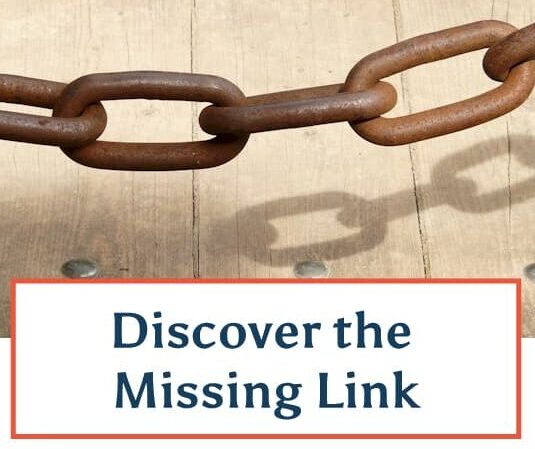Did you know you have already paid for business counseling services? America’s Small Business Development Centers are funded through tax dollars and grants, and offer free counseling and low-cost classes to small business owners.
I sat down recently with three people from my local Small Business Development Centers (SBDCs) and asked them to help me understand how they serve for-profit small businesses like yours.
Lorraine Allen is the Regional Director of the SBDC hosted by The College of New Jersey in Ewing. Like many SBDCs across the USA, she and her team provide counseling to startup and established businesses around important small business topics: business planning, financing, government contracting, marketing and human resources. (Click here to see the SBA’s definition of “small business” based on the industry you’re in. ). They typically focus on small business with under 100 employees, and sometimes those with under 50 employees. They especially focus on high growth businesses with over 10 employees and over $1 million in revenue in many industries, such as retail, manufacturing, professional services, online businesses and franchises.
Lorraine says, “We’re here to help small business owners make good decisions, take good actions and create good habits. We offer them information and resources so they can make well-informed CEO decisions. We can be very effective at helping turn around a company that’s on its last legs.”
SBDCs don’t offer “done for you” consulting services; they won’t write your business plan and they won’t create marketing materials for you. Instead, they help you think through what you need to do to create the business you want. And while the counseling and classes may be free or low-cost, there’s one hugely important thing to remember — you must be willing to invest something precious: your time and your commitment.
Bruce Downing, Counselor at the SBDC at Widener University shares some amazing statistics:
- 85% of businesses who work with an SBDC are still in business eight years later. (This is huge. It’s no secret that over 50% of small businesses fail within the first five years of business, according to the SBA.)
- 49% of the businesses they serve are in the pre-venture category or within the first year of business.
- 80% have 10 or less employees.
- Small business owners often come for long-term counseling: 2 to 3 years is common.
Rural small business owners know that local help and resources are sometimes hard to come by. And busy business owners don’t always have time to travel to take a class. Ernie Post, Executive Director of the SBDC at Kutztown University, has the answer: lots of online training classes and webinars. Six years ago he set out to serve both his urban and suburban clientele, and to focus on creating an online presence and online workshops for his rural clientele and busy owners. Today his SBDC offers 90 online workshops, 24 of which are bilingual. They also offer live webinars on specific topics. He says, “We have 1.8 million adult learners interested in entrepreneurial learning in our four-county service area, but we have people from all over the world taking the online classes, especially from overseas American military bases.”
Most SBDCs have startup training classes, either in-person classes in the area they serve, or convenient online classes. This ensures that everyone has the same baseline of information before working with a counselor. These classes cover the fundamentals: business planning, cash flow projections, finances and funding options, QuickBooks, government procurement contracting, operations, international trade, and taxes. Check with your local SBDC: some have classes and counseling in Spanish as well as English.
Some SBDCs have specialists to help you with international trade questions or how to get government contracts, and there are over 100 special Procurement Technical Assistance Centers (PTACs) to help nationwide. (You can find out more about them here.) Bruce Downing is a Government Marketing Specialist and says, “We help small business owners find opportunities at agencies with the government, or help them become a subcontractor under a prime federal or state government contractor.”
There is a huge amount of help out there at your local SBDC. Whether you need to learn how to write a business plan or create a slideshow to get an SBA loan, or you want a more strategic approach to growing your business and your CEO skills, an SBDC can help. And if you can’t find a nearby SBDC, check to see if an SBDC in your State will work with you over the phone. And remember that many SBDCs host online classes and webinars that you can access from anywhere in the world.
Lorraine Allen sums it up perfectly: “Don’t be a lone ranger. If you could do it on your own, you would have. You can gain so much faster if you take advantage of the resources, counseling and classes available to you.”
There are close to 1,000 SBDCs in the United States. Click here to find a SBDC center near you.

 Don’t Let Crazy Clients Drain You
Don’t Let Crazy Clients Drain You
